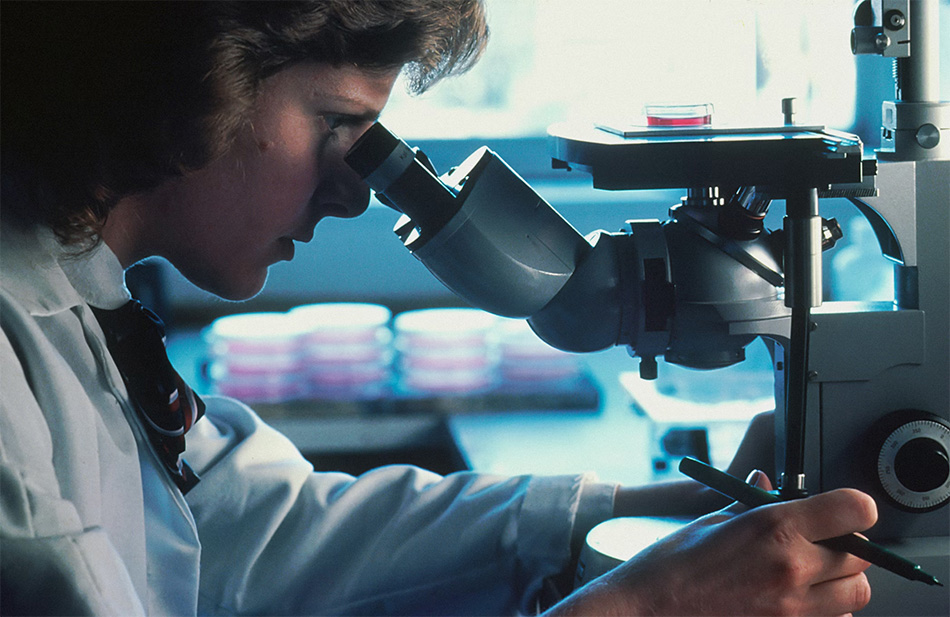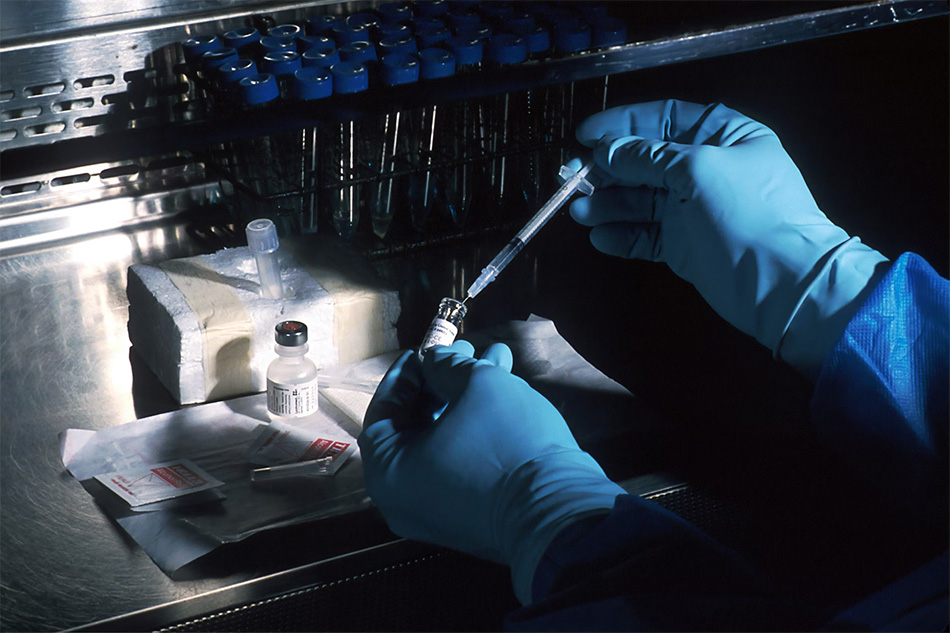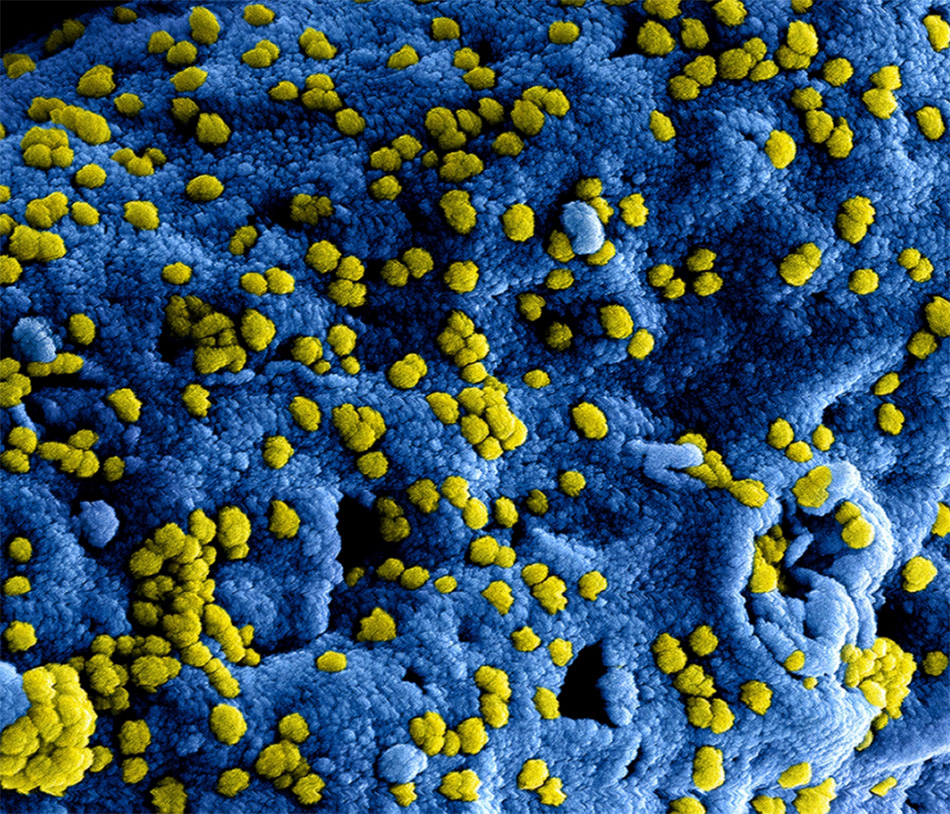AI Revolutionizes Blood Test Diagnostics
Artificial intelligence (AI) is rapidly transforming the landscape of medical diagnostics, offering groundbreaking tools to detect diseases earlier and more accurately than ever before. Among these developments are artificial intelligence-powered blood tests capable of spotting early stages of diseases such ovarian cancer, so perhaps saving many lives. Beyond cancer detection, artificial intelligence is improving the accuracy of diagnosis of diseases including other health disorders, therefore proving its great power to transform healthcare. These developments underline how important technology is in tackling some of the most enduring problems in medicine.
Harnessing AI for Early Cancer Detection

Often described as “rare, underfunded, and deadly,” ovarian cancer offers special difficulties for diagnosis and treatment. Early diagnosis greatly increases survival rates; but, conventional approaches are unable to detect the disease at its most early phases. Now using sophisticated nanotube technology to examine minute chemical patterns, AI-driven blood tests provide a potential new method for ovarian cancer detection before symptoms start. These instruments could significantly lower mortality rates and enhance patient quality of life by letting doctors intervene sooner.
Overcoming Data Challenges in AI Development
The scarcity of high-quality training data presents one of the challenges in developing artificial intelligence for medical diagnosis. Rare diseases like ovarian cancer aggravate this problem since patient data is sometimes isolated in hospitals with little sharing. Notwithstanding these difficulties, researchers are making progress by teaching algorithms on smaller datasets and increasing access to bigger patient registries, hence greatly improving AI accuracy and dependability. Unlocking the full possibilities of artificial intelligence in medicine depends on group efforts and initiatives to support data exchange.
Streamlining Infection Diagnostics with AI
Along with transforming cancer detection, artificial intelligence is accelerating the identification of infections including pneumonia. Companies like Karius use artificial intelligence to find particular infections from a single blood test, therefore cutting the diagnostic time from days to only few hours. In critical care settings, this quick identification lets one treat precisely, save money, and enhance patient outcomes. Such developments emphasize the transforming power of artificial intelligence in infection management since they could represent the difference between life and death for people with impaired immune systems.
The Role of Biomarker Patterns in Disease Detection
AI is quite good in spotting intricate biomarketer patterns invisible to the human sight. AI systems can link these trends with particular diseases by means of large data analysis, therefore facilitating early and accurate diagnosis. Using data from biobanks and patient registries to increase their diagnosis capacity throughout a broad spectrum of diseases, researchers are always improving these algorithms. This capacity to decipher complex biological signals is transforming our knowledge of and treatment approach for diseases, therefore opening the path for a new age in individualized medicine.
Offering hope for early diagnosis and more efficient treatment of diseases including ovarian cancer and life-threatening infections, AI-powered blood tests mark a major breakthrough in medical diagnostics. Although issues including data availability and interpretation still exist, continuous developments in artificial intelligence and researcher cooperation suggest a time when precision medicine will be the standard. Growing hope for what lies ahead in the junction of artificial intelligence and medicine as this technology develops since it has endless ability to save lives and enhance healthcare outcomes.

